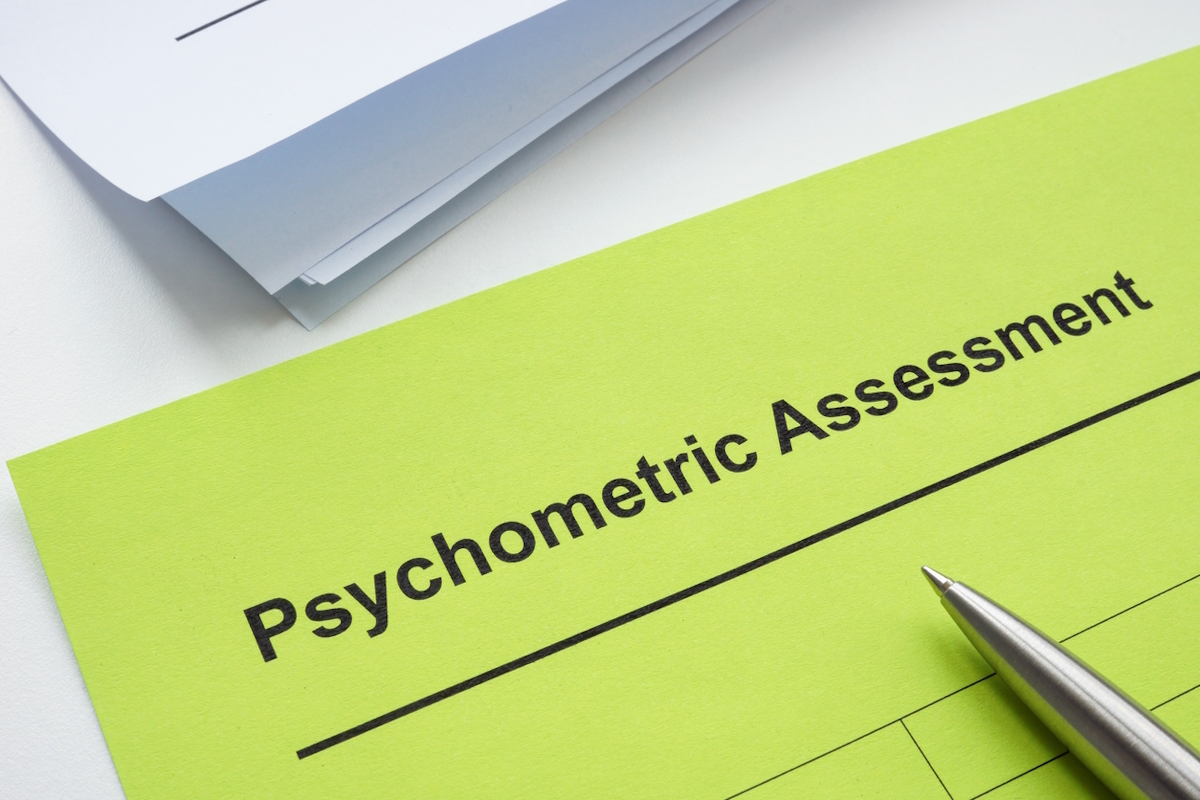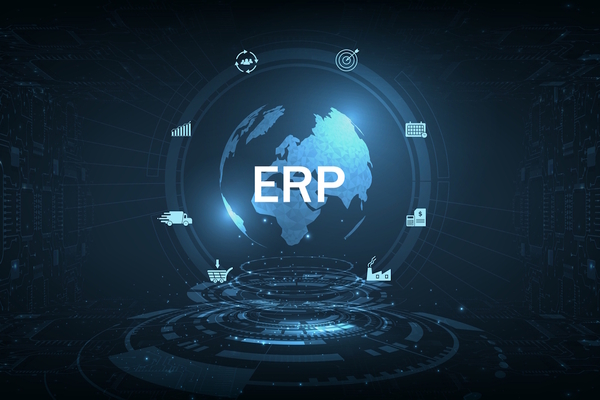Psychometric profiling: getting the talent you need

Dan Crowder at recruitment agency Craft explains why psychometric profiling means less hiring on a whim
Think of creative roles, and job titles such as graphic designer or creative director in industries like advertising and the arts may come to mind. Yet finding creative ways of solving problems is important in any business that wants to be productive, encourage productivity, encourage innovation, and drive growth.
Attracting people with strong creative skills who will also be a complementary fit for the company and a positive addition to its culture, however, is a universal challenge, and a potentially costly one.
The cost of the wrong hire
Employee turnover is a concern for any leader; hiring the wrong person for your business costs much more than their salary alone. According to various statistics, the cost of a failed hire can be as much as £132k when you factor in any additional recruitment and time incurred. While the exact financial cost is up for debate, what we know for certain is the negative impact on the tone and culture of a business.
Sometimes, the wrong hire can lead to the right people leaving, and the disbanding of a strong leadership team has an unquantifiable detrimental effect on morale and productivity. It’s concerning, then, that nearly two-thirds (60%) of new hires worldwide are not working out to some degree.
Objectivity is paramount
While there’s no magic formula for hiring the right person first time, every time, there are steps employers can take to reduce the risks of a failed hire. Although it might seem obvious, objectivity is crucial to achieving effective, fair hiring processes. Employers need to take time to uncover their own biases—the sorts of personalities they’re subconsciously drawn to or turned off by.
One tried and tested way to tackle unconscious bias in recruitment is through psychometric profiling, which allows employers to measure potential candidates against their own objectives for their team and company in a subjective way that makes for the best fit for all sides.
Adding neutrality and rigor to the hiring process can vastly improve teamwork, communication, productivity and retention. Since introducing psychometrics at Craft four years ago, we’ve hired 13 people; only one person has handed in their notice, and we have welcomed back a boomerang employee.
A complementary balance
Candidates often appear to be a good fit based on their skills, but experience tells us that these aren’t always predictors of a good fit. Factors such as personality traits, approach to work, and communication style are potent signifiers of how well-suited someone is to a role and organisation.
Through a series of multiple-choice questions, psychometric aptitude tests provide insight into a candidate’s personality traits as well as revealing their logical processes, aptitude for problem-solving, and ability to interpret and analyse data. For example, the DiSC model pinpoints candidates’ balance of Dominant, Influential, Steady and Compliant traits. Each area comprises a halo of behavioural styles, ranging from ‘driver’ and ‘analytical’ to ’stabilising’ and ’inspiring’.
It’s not as simple as getting a balance of personality types at the top tier. You could have four senior leaders who fall under the same profile quadrant, but armed with the knowledge of potential blind spots, they can outsource certain tasks to consultants, or recruit around those areas.
When to use psychometrics
When hiring for C-Suite or senior leadership roles, ideally use psychometrics when your final shortlist is ready. Harnessing results here helps to build a final interview that digs deeper into those insights. For instance, if profiling reveals that a candidate has analytical skills, why not ask them for an example of their inquisitive approach in action?
The transitionary phase—from a person accepting an offer through to them starting in a new role—is another critical point. For a people-oriented candidate who has been with a company for a long time, stability will be key. Employers could schedule regular catch-up calls in the lead up to them joining the company.
Once the candidate is in role, draw on profiling to smooth the onboarding process: a more dominant profile might find too much guidance a deterrent, while a more collaborative personality type would welcome input. We used psychometrics for our new Director hire; an informed understanding of how she would be thinking and feeling helped us provide a more thoughtful transitionary phase during a long notice period.
From a management perspective, profiling can unearth valuable insights that, when harnessed, can help the day-to-day functioning of teams. Take communication style. According to DiSC profiling, ‘D’s (Dominant) prefer succinctness of communications—think bullet points—while ‘S’s (Steady) appreciate more context around how what they deliver affects others in the team.
Part of a robust process
Some candidates have initial reservations about profiling. This is understandable; nobody likes the idea of having their entire personality seemingly reduced to one piece of paper. So, communicate that the process seeks to understand their unique ways of working to tailor the recruitment process and, if they’re successful, enhance their future employee experience.
In practice, we rarely see people express that the report hasn’t captured their full essence. Being understood and seeing their nuances reflected in the results is a positive experience for most candidates we engage with.
Good employers don’t use psychometrics to rule people out, but as part of a robust selection process that involves a deep understanding of the company’s vision, values, and challenges. Start with knowing why people are needed at every level, then be transparent about the skills or attributes missing from the team.
In the current climate of economic instability, the honesty, objectivity, and clarity that psychometric profiling delivers are a wiser investment than ever.
Dan Crowder is the founder of recruitment agency Craft
Main image courtesy of iStockPhoto.com and designer491

Business Reporter Team
Most Viewed
Winston House, 3rd Floor, Units 306-309, 2-4 Dollis Park, London, N3 1HF
23-29 Hendon Lane, London, N3 1RT
020 8349 4363
© 2025, Lyonsdown Limited. Business Reporter® is a registered trademark of Lyonsdown Ltd. VAT registration number: 830519543





